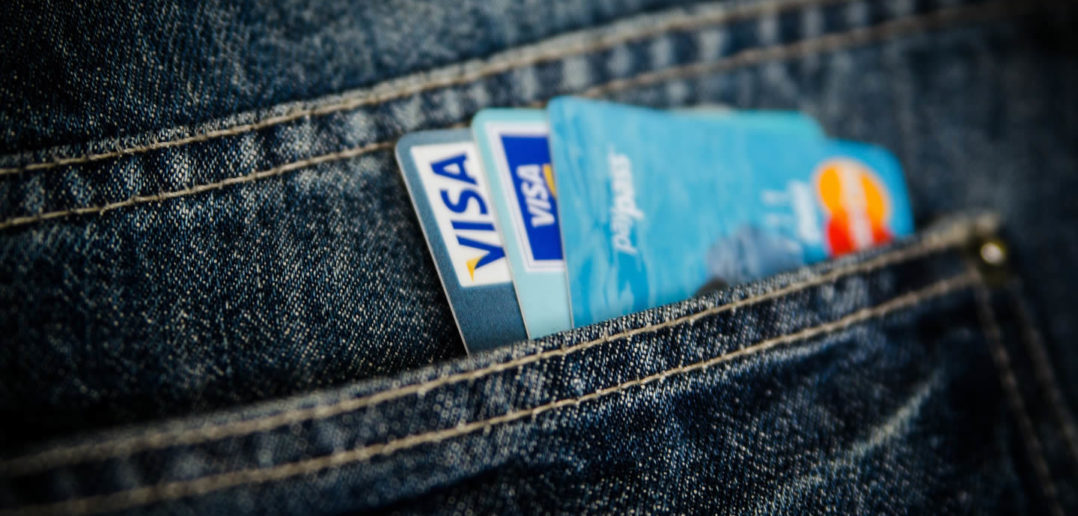British shoppers feeling the Brexit squeeze chose to reign in their spending over Christmas and reduce their reliance on credit cards, Bank of England figures show.
December, a key month for retailers on the UK high street, saw UK consumers borrow £92m more on their credit cards than they paid back, the lowest figure of since September 2014.
Financial advisers welcomed the news that consumer debt growth had slowed, but warn many people are still being stretched beyond their means, with personal insolvencies from unmanageable debt last year at the highest level since 2013. The Bank of England’s latest seasonally adjusted figures show the British public have a total of £72bn outstanding on their credit cards.
General consumer borrowing, including loans, overdrafts and credit cards, continued to grow but December saw the rate of increase slow at a time when families are traditionally spending more of Christmas presents and holiday festivities. The annual growth rate was 6.6% in December, half of the figure seen throughout 2016.
The slow December had a negative impact on the UK high street, which continues to suffer from pressures from online competitors and a public unsure of the future with the UK due to leave the European Union next month with or without a deal. The British Retail Consortium, the high street trade association, said it had been the worst Christmas for retailers in 10 years, during the 2008 financial crisis.
BRC Chief Executive Helen Dickinson said:
“Squeezed consumers chose not to splash out this Christmas with retail sales growth stalling for the first time in 28 months. The worst December sales performance in ten years means a challenging start to 2019 for retailers, with Business Rates set to rise once again this year, and the threat of a No-Deal Brexit looming ever larger.”
KPMG UK Head of Retail Paul Martin added:
“Retailers experienced little festive cheer this year, with total sales in December delivering zero growth on last year. This comes despite some retailers desperately attempting to generate sales through slashed pricing, which has seemingly not been enough to encourage shoppers.”
The low UK consumer confidence remained weak throughout January, with the long-running GfK Consumer Confidence Index remaining at -14, the gloomiest level for over five years. And with Brexit scheduled for March, the public remain in a “wait and see holding pattern” and consumer sentiment around the general economic situation over the next year has fallen to -39.




